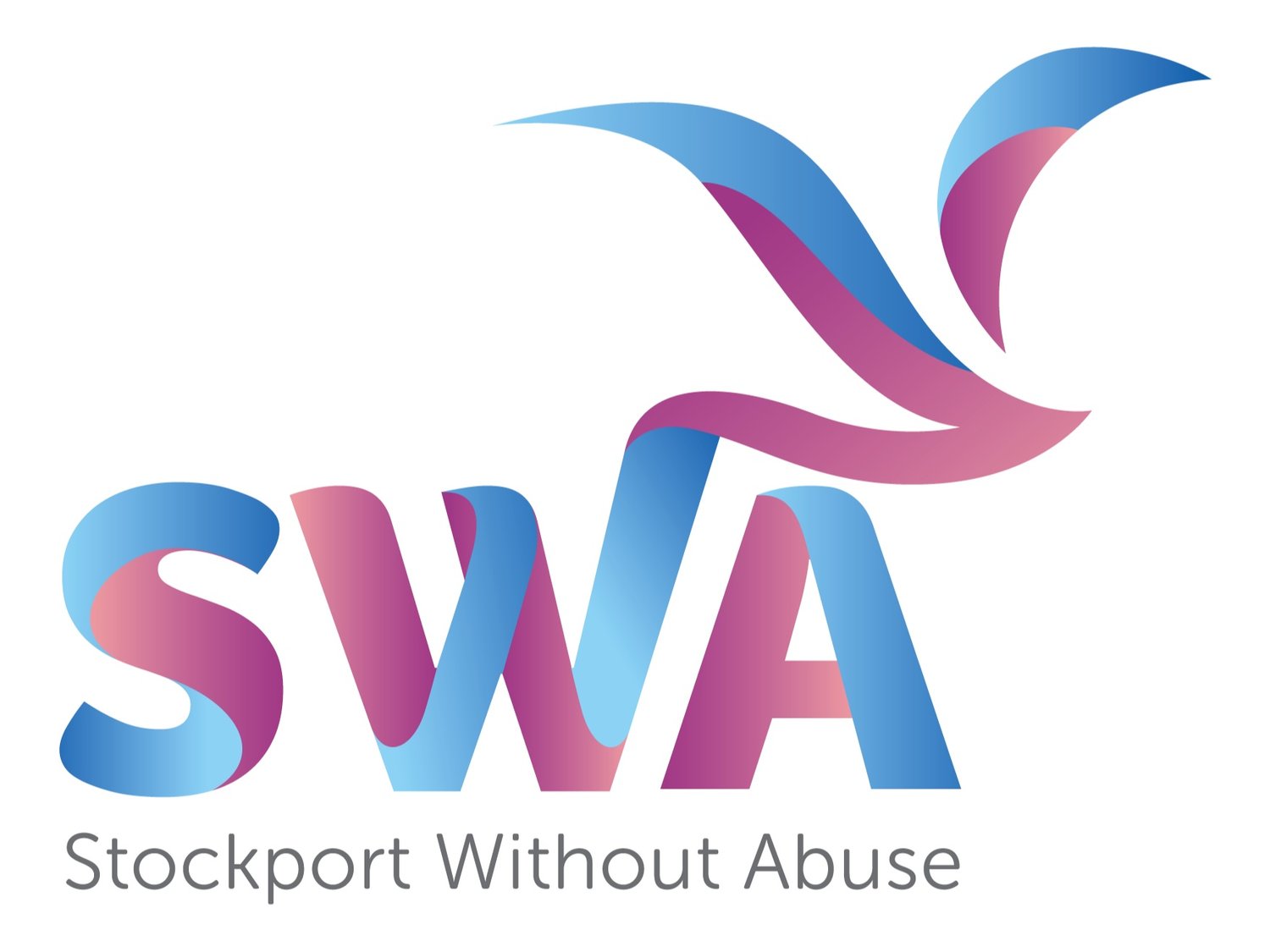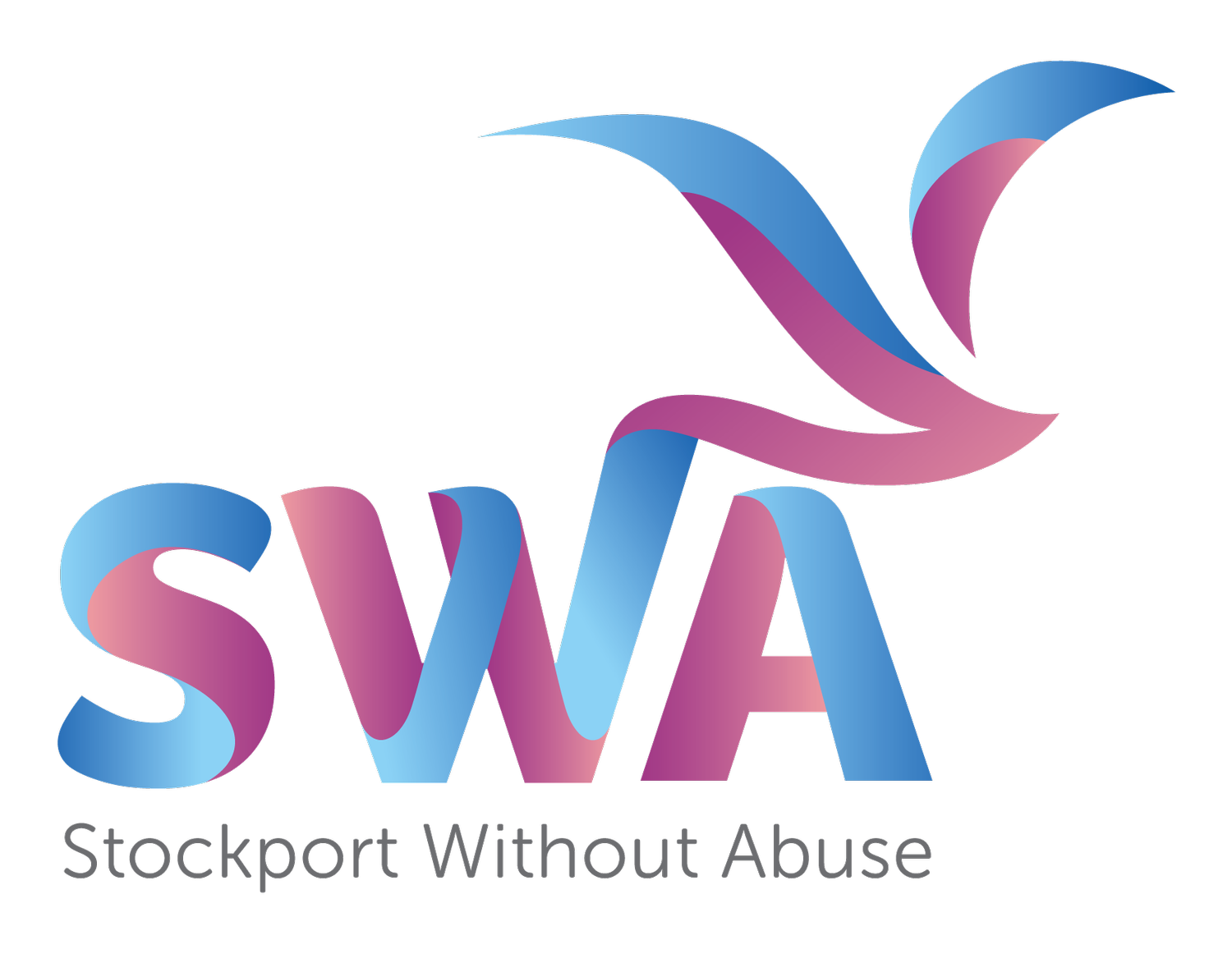Sexual Abuse
Sexual abuse is any non-consensual sexual activity or coercion that occurs within an intimate or domestic relationship. It can take various forms, including but not limited to:
Non-Consensual Intercourse: Forcing or coercing a partner into sexual intercourse against their will including vaginally, anally or orally.
Sexual Assault: Any unwanted sexual contact or penetration without consent, including persistent unwanted kissing or touching.
Forced Sexual Acts: Compelling the victim to engage in sexual acts they do not consent to, including forcing someone to watch or act out pornography. This can also include using coercion or manipulation to seek engagement in unwanted sexual activity.
Being forced or encouraged to drink excessively or use illicit substances in order to limit someone’s ability to consent.
Sexual Harassment: Persistent, unwelcome sexual advances, comments, or actions that create a hostile environment.
Reproductive Coercion: Manipulating or pressuring a partner to control their reproductive choices, such as birth control or pregnancy.
Sexual Degradation: being talked to in a sexually degrading manner or using emotional abuse relating to sexual activity.
Signs of Sexual Abuse:
Recognising sexual abuse is essential to breaking free from an abusive relationship. Here are some common signs to be aware of:
Non-Consensual Acts: Any sexual activity without explicit and enthusiastic consent.
Coercion or Threats: The use of force, threats, or manipulation to make the victim comply with sexual demands.
Fear or Anxiety: Victims may experience intense fear, anxiety, or depression related to sexual encounters.
Physical Injuries: Bruises, scratches, or injuries around the genital area or other parts of the body.
Sexual Repression: The victim may display an aversion to sexual activity or intimacy as a result of trauma.
Seeking Help and Healing:
If you or someone you know is experiencing sexual abuse, it is essential to seek help, support, and justice. Here are steps to consider:
Reach Out: Confide in a trusted friend, family member, or professional about your situation.
Medical Attention: If you have been physically harmed, seek immediate medical care.
Contact Authorities: Consider reporting the abuse to the police to pursue legal action against the perpetrator and seek protection.
Therapy and Counselling: Seek therapy to address the emotional trauma and regain a sense of control.
Support Groups: Connect with support groups and organizations specializing in sexual abuse recovery.
Legal Action: Consult with a solicitor or advocate to explore legal options, including protective orders.
Safety Plan: Develop a safety plan with professionals to ensure your well-being and that of your dependents.
Often people will question if it is rape if the couple are married’? The answer is always yes. Rape is rape whether or not it is within a marriage. Rape and sexual abusive relationships are criminal regardless of the relationship between the perpetrator and the victim.
Sexual abuse is a grave violation of one's autonomy and consent, and no one should have to endure it. You are not alone, and help is available. Reach out to the resources and support networks in your community to begin your journey toward healing, empowerment, and justice. Your right to bodily autonomy, safety, and dignity should be protected and upheld.

